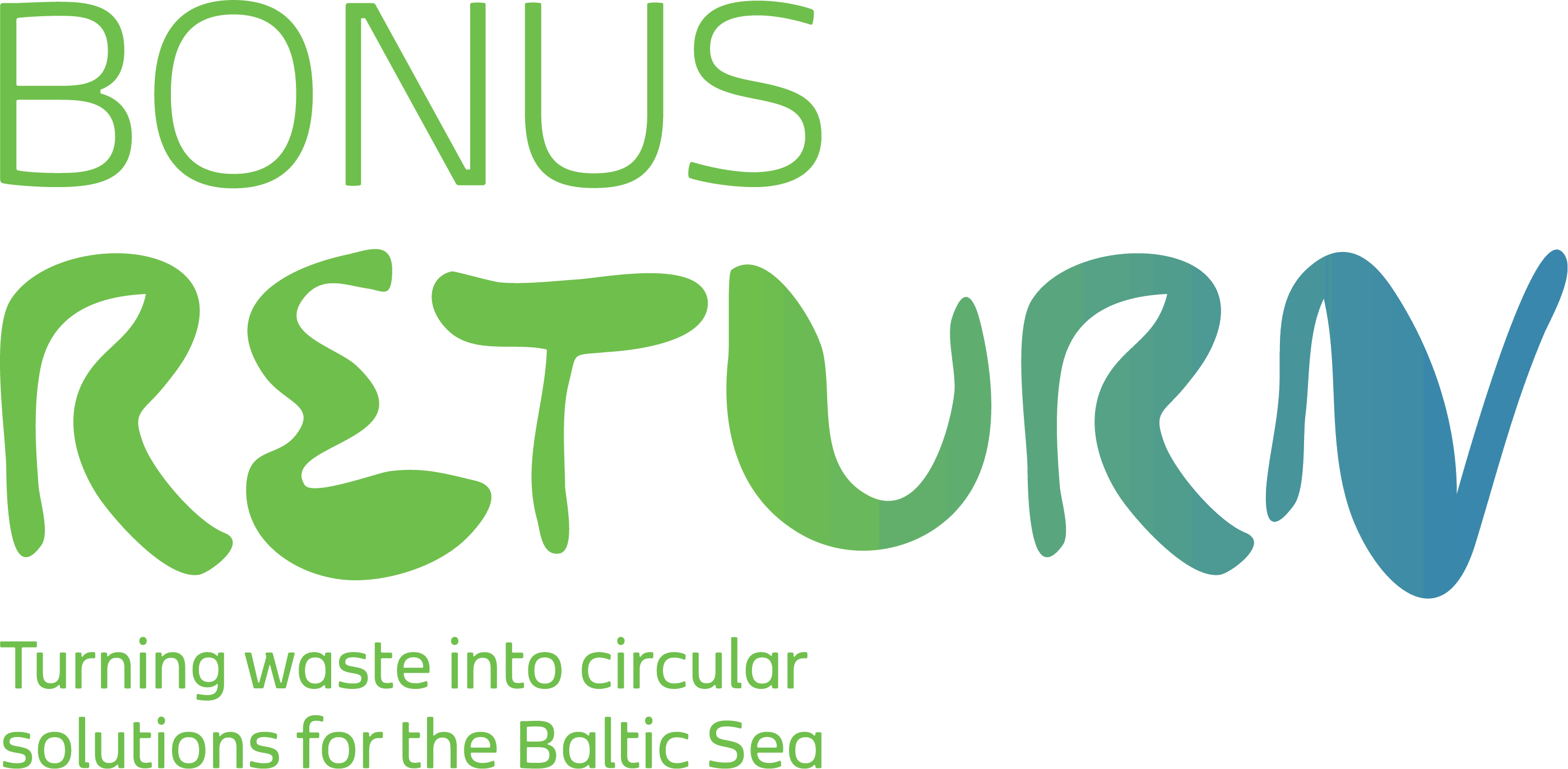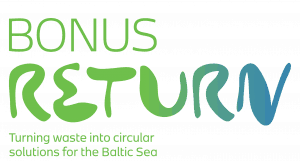Four finalists with innovations addressing the reuse of nutrients and carbon are now nominated. The finalists selected in the final round of The Baltic Sea nutrients and carbon reuse challenge are: Aquacare-Netherlands, Carbonext-Sweden, TerraNova Energy-Germany and Ravita- Finland. Today, the selected finalists are presenting their innovations to a group of investors, researchers and public-sector actors at the Baltic Sea Future Congress in Stockholm, Sweden. Watch the live web cast at 12.50 – 02.15 Central European Time.
The finalists are in the final stage to receive pre-commercialization support as part of the BONUS RETURN project. The finalists’ innovations represent unique and sustainable solutions for reusing nutrients and/or carbon in the Baltic Sea Region.
“Our TerraNova® Ultra technology has the potential to solve a global environmental problem in a profitable way. After our first industrial reference in Asia we are now excited about the chance to possibly prepare another reference for Northern Europe with support from the Bonus Return project. It also enables us to add the recovery of a Nitrogen fertilizer in the same process – a technology that already works in lab scale. It would be a perfect ‘waste-to- product’ show case with great benefit for the environment,” says Marc Buttmann, Founder and CEO of TerraNova Energy, Germany.
Based on adsorption technology, Dutch-based Aquacare’s BiOPhree® technology is a method that enables the minimization or elimination of micro bio growth to avoid biofilm. The technology can recover phosphorous and convert it to a concentrated phosphorous containing liquid with the ability to be re-used as a fertilizer for agriculture. BiOPhree material is simple to engineer and after regeneration, reusable.
TerraNova Energy GmbH is a German-based company working with Innovative Sludge Treatment technology. The TerraNova® Ultra turns sewage sludge, a contaminated side product from waste water treatment, into climate friendly coal for energy production and clean Phosphorous fertilizer. The final product is sterilized with low water content and can be used as CO2-neutral fuel for energy production or for agricultural application.
Finnish-based RAVITA provides an innovative process for nutrient recovery directly from the main wastewater stream. Phosphorus is post-precipitated in the very end of the water stream, and the chemical sludge formed precedes the main part of the RAVITA process. Chemical sludge is further processed by the dissolution and recovery steps. The formed end-product is phosphoric acid, which has high value both in fertilizer industry as well as other industrial segments.
Carbonext AB is a Swedish-based company featuring a plasma-assisted carbon extraction (PACE) technology to process hydrocarbons. This cracking process will result in two climate positive products: black carbon, and hydrogen. The form of the black carbon can be orchestrated in the process to produce a host of customized carbon structures. One such structure is Skychar, a product registered by Carbonext that can be used for soil improvement, and a feed supplement for livestock.
The innovation challenge concluded on 12th February with applicants from: Sweden, Finland, Poland, Lithuania, Germany, Austria and The Netherlands.
The applications were assessed based on their ability to address the reuse of nutrients and/or carbon, and their potential in achieving positive results when introduced into the market. The applicants ought to have addressed several or all the sustainability criteria which included: health and hygiene, environmental issues, economy, socio-cultural dimensions, and technical functions.
“The scope of the competition was broad as it combined issues with nutrient and carbon recycling which are challenges for the Baltic Sea Region, while at the same time focusing on solving a very specific problem. It was good to have different sectors competing, with applications coming from a mix of start-ups to larger established companies with solutions close to the market,” says Daniel Hellström, a member of the jury from Swedish Water Platform, Sweden.
The jury comprised of waste-water treatment and agriculture experts from Swedish Water Platform(Sweden), Slupsk Waterworks (Poland), Agro-ecological Symbiosis (Finland), RISE – Research Institutes of Sweden (Sweden), Warsaw University of Life Sciences (Poland) and the Finnish Environment Institute (Finland).
The relevance of each application to the BONUS RETURN project is fundamental, as a major aim of the competition was to establish mutual benefit between the project and the winning innovations. In addition to addressing nutrients and/or carbon reuse from the agriculture or waste water sectors or both, the innovations must be adapted to local markets, and more specifically, applicable to the Baltic Sea environment. The expected overall impact to the Baltic Sea environment was a key factor in the assessment.
The winners will have the opportunity to perform tests, match their product to local needs, obtain tailor-made procurement and business plans, connect with investors, and introduce their products to potential markets. Up to three winners will be selected to be part of the three-year project and announced on 1 April 2018 on the project website, www.bonusreturn.com.
For interviews or further information, please contact:
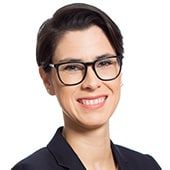
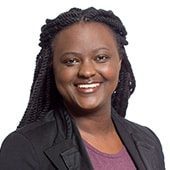
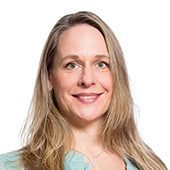
BONUS RETURN consists of a consortium of partners in Sweden, Denmark, Finland and Poland:
- Stockholm Environment Institute (coordinating partner)
- RISE Research Institutes of Sweden
- Uppsala University
- University of Copenhagen
- Finnish Environment Institute
- Warsaw University of Life Sciences
BONUS RETURN aims to collaboratively support small and medium enterprises (SMEs) that produce eco-technologies, by assessing their effectiveness in reducing nutrients and carbon, and deploying them using test-beds and commercialization at the project’s three case study sites in Sweden, Finland and Poland. It is a three-year project aimed at reducing emissions in the Baltic Sea by turning nutrients and carbon in the Baltic Sea into benefits. The project has received funding from BONUS (Art 185), funded jointly by the EU and runs from May 2017 to May 2020.
www.bonusreturn.eu | Twitter: #BonusReturn
BONUS is a joint research and development programme producing knowledge to support development and implementation of regulations, policies and management practices specifically tailored for the Baltic Sea region. It issues calls for competitive proposals and funds projects of high excellence and relevance based on its strategic research agenda.
www.bonusportal.org | Facebook and Twitter: BONUSBaltic
